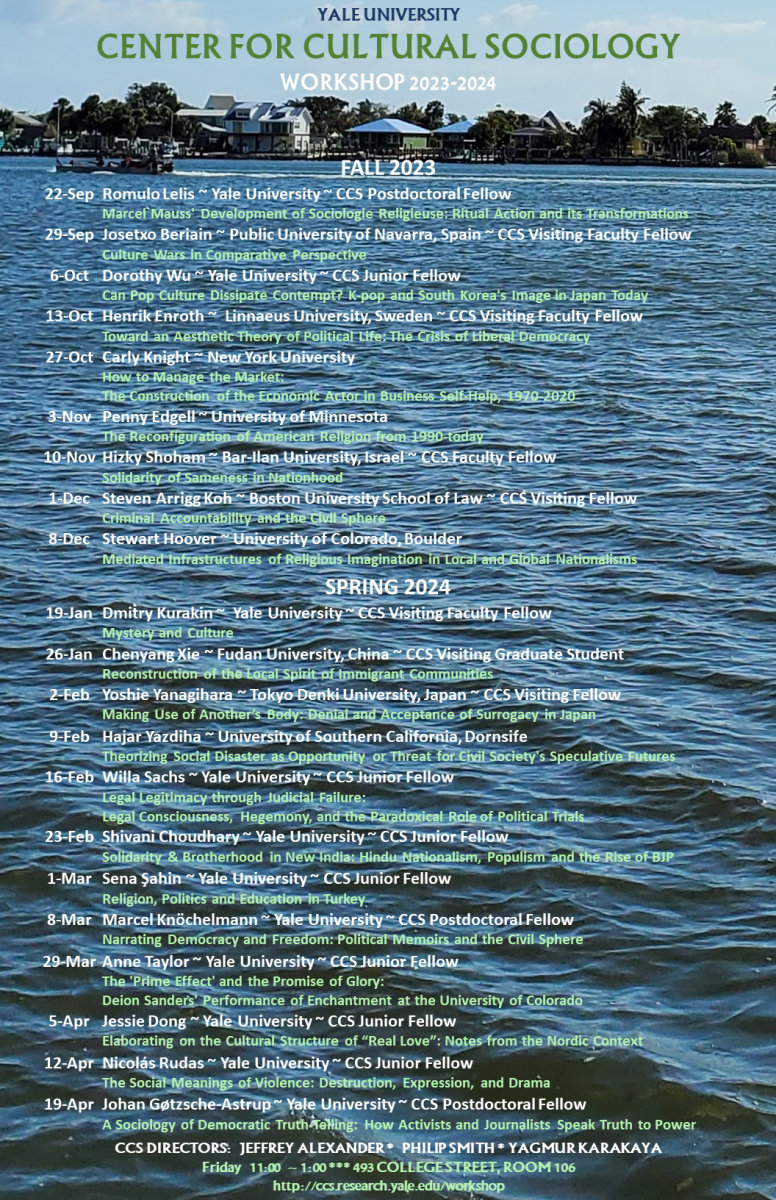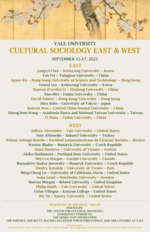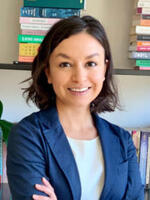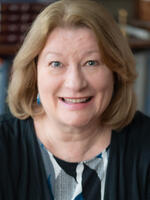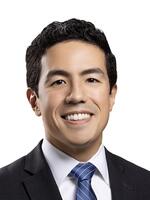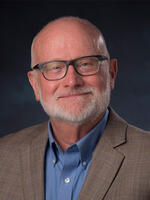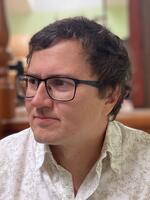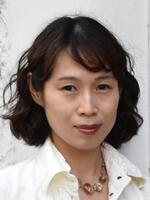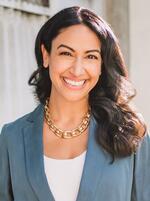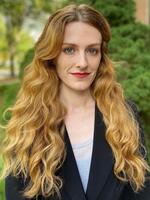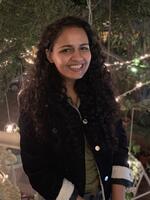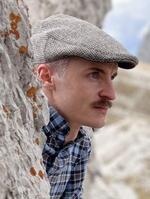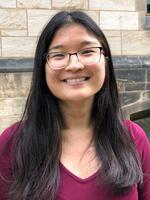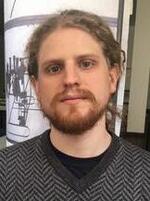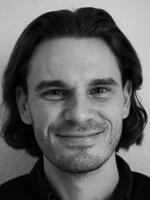In this meeting we will make introductions and each have an opportunity to share our current research projects. Please come prepared to speak for briefly about yourself and your work.
|
|
|
|
Yale University ~ CCS Postdoctoral Fellow
|
|
Public University of Navarra, Spain ~ CCS Visiting Faculty Fellow
Co-author: Maya Aguiluz, Centro de Investigaciones Interdisciplinares en Ciencias y Humanidades (CEIICH), Universidad Nacional Autónoma de México (UNAM)
|
|
Yale University ~ CCS Junior Fellow
|
|
Linnaeus University, Sweden ~ CCS Faculty Fellow
|
|
New York University
Co-Author: Di Zhou, New York University
Abstract: This paper investigates the portrayal of economic agency within the realm of popular economic self-help books. By employing a computational, mixed-method analysis of best-selling titles from the New York Times over the past five decades, we explore the changing nature of self-help’s “promissory discourse”—that is, what actions, habits, and practices actors are promised will lead them to worldly success. Our findings reveal significant shifts in the depiction of economic actors, with a decline in the “financialized self” and a reduction in investment-focused advice, particularly following the Great Recession. Instead, authors increasingly emphasize a “therapeutic” perspective, telling readers that disciplined emotions, habits, and practices are an essential component of economic success. These differences correspond to changes in self-help’s practical advice, with books decreasingly advising active investment strategies and instead increasingly highlighting disciplined consumption. We argue that these trends expand our understanding of the construction of economic actors, demonstrating a transition from finance-centered discourse to a more self-oriented and psychological approach in financial self-management.
|
|
University of Minnesota
|
|
Bar-Ilan University ~ CCS Faculty Fellow
Abstract: The literature on national solidarity is puzzled by the question of how solidarity can bridge social differences and has not asked how it works through sameness; that question was relegated to the literature on national identity. But can solidarity create nationhood through sameness? This theoretical article rehabilitates Durkheim’s underused concept of mechanical solidarity and proposes to study sameness not as a human given, identity, or group quality, but as a social performance that constitutes similarity between people and thus also solidarity. While mechanical solidarity can function in all types of groups, it is particularly prominent in the context of nationhood. To explain how, the article explores performances of national customs related to food, which convey a conformist and unreflective subjectivity as well as horizontal unanimity. When people do things collectively, they perform national solidarity without necessarily indicating a collective identity that exists out there or agreeing about ideas and values. Contrary to common stereotypes of modern societies as “complex,” the article underscores sameness as crucial to modern nationalism—still the most significant socio-political principle of our era.
|
|
Boston University School of Law ~ CCS Visiting Fellow
|
|
University of Colorado, Boulder
|
|
Yale University ~ CCS Visiting Faculty Fellow
with Philip Smith ~ Yale University ~ CCS Co-Director
|
|
Fudan University ~ CCS Visiting Graduate Student
|
|
Tokyo Denki University, Japan ~ CCS Visiting Fellow
|
|
University of Southern California, Dornsife
|
|
Yale University ~ CCS Junior Fellow
|
|
Yale University ~ CCS Junior Fellow
|
|
Yale University ~ CCS Junior Fellow
|
|
Yale University ~ CCS Postdoctoral Fellow
|
|
Yale University ~ CCS Junior Fellow
|
|
Yale University ~ CCS Junior Fellow
|
|
Yale University ~ CCS Junior Fellow
|
|
Yale University ~ CCS Postdoctoral Fellow
|
